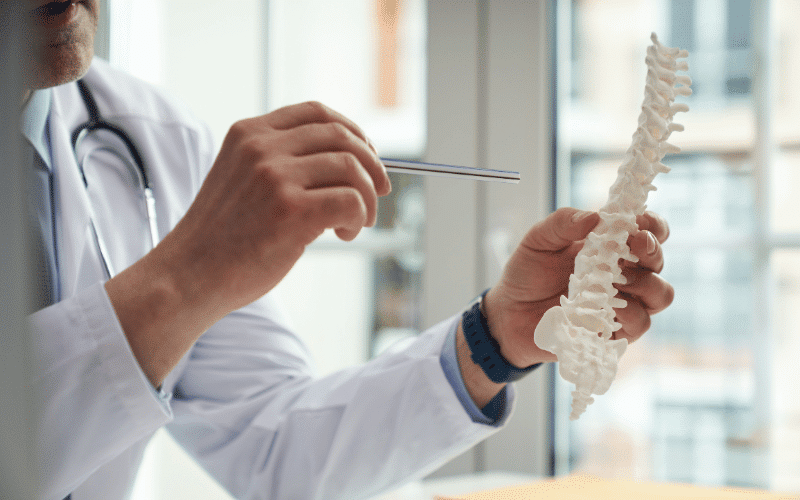Fact 5. Navigating the Diagnostic Journey of Paget’s Disease

Diagnosing Paget’s disease can be a multifaceted process. It often begins with a physical examination and evaluation of medical history, followed by various diagnostic tests. The choice of diagnostic methods depends largely on the individual’s symptoms, the suspected location of the disease, and the physician’s preference.
X-rays often serve as the primary diagnostic tool. They can reveal the characteristic changes in bone structure associated with Paget’s disease, such as thickening of the bone, enlargement, and areas of bone resorption or formation.
An X-ray may also show deformities in the affected bones. However, while X-rays can provide valuable information about the presence and extent of the disease, they can’t always detect Paget’s disease in its early stages.
Blood tests, on the other hand, offer a more systemic view. A blood test can measure levels of an enzyme known as alkaline phosphatase (ALP), which is often elevated in individuals with active Paget’s disease.
ALP is released into the bloodstream by the osteoblasts, the bone-forming cells, during the rapid bone remodeling process. While a rise in ALP levels can hint at Paget’s disease, it’s not a definitive marker as the enzyme can also increase due to other conditions, such as liver disease or certain types of cancer.
Bone scans can offer a more comprehensive overview of the skeletal involvement in Paget’s disease. This imaging technique involves the injection of a small amount of radioactive material, which gets absorbed by the bones and can be detected by a special camera.
In a bone scan, the affected bones show up as hot spots due to the increased bone turnover. Bone scans can be particularly useful when multiple bones are affected, or when the disease is suspected in areas difficult to capture on X-rays. (5)